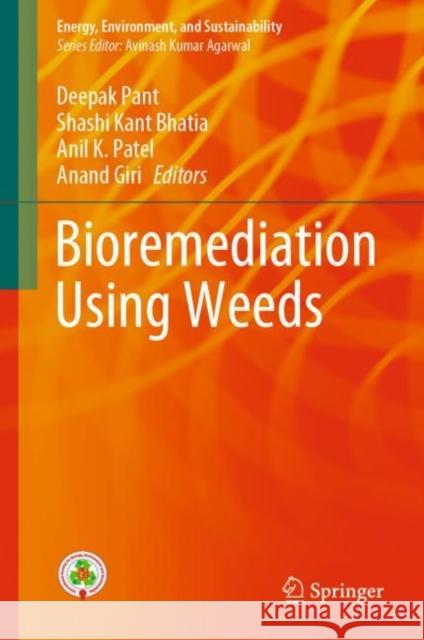Bioremediation Using Weeds » książka
topmenu
Bioremediation Using Weeds
ISBN-13: 9789813365513 / Angielski / Twarda / 2021 / 244 str.
Bioremediation Using Weeds
ISBN-13: 9789813365513 / Angielski / Twarda / 2021 / 244 str.
cena 404,42
(netto: 385,16 VAT: 5%)
Najniższa cena z 30 dni: 385,52
(netto: 385,16 VAT: 5%)
Najniższa cena z 30 dni: 385,52
Termin realizacji zamówienia:
ok. 16-18 dni roboczych.
ok. 16-18 dni roboczych.
Darmowa dostawa!
Kategorie:
Kategorie BISAC:
Wydawca:
Springer
Seria wydawnicza:
Język:
Angielski
ISBN-13:
9789813365513
Rok wydania:
2021
Wydanie:
2021
Numer serii:
000824700
Ilość stron:
244
Waga:
0.50 kg
Wymiary:
23.88 x 19.56 x 1.52
Oprawa:
Twarda
Wolumenów:
01











